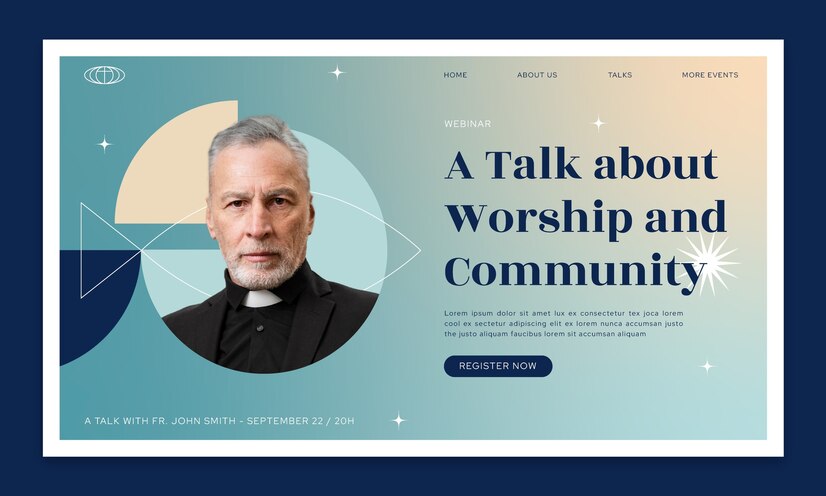busted news, a phenomenon that is reshaping the way we consume media. This blog aims to unravel the concept of busted news, explore its implications, and equip you with the tools to discern fact from fiction. Whether you are a curious consumer or a cautious sharer, understanding busted news is essential.
The Rise of Fake News and Its Challenges
Fake news isn’t new, but its scale and influence have grown exponentially with the internet. These fabricated stories are often designed to mislead, provoke, or manipulate public opinion. The challenge lies in their ability to blend seamlessly with legitimate news, making it difficult for consumers to differentiate between the two.
For media outlets, fake news presents a credibility crisis. Journalists are under immense pressure to verify facts before publication, yet the relentless news cycle sometimes prioritizes speed over accuracy. For the average reader, the task of sifting through a sea of information to find the truth can be overwhelming. Establishing trust in an era of misinformation is a formidable challenge.
Compounding these difficulties is the decline in traditional media literacy. With so much content available online, many people rely on headlines or social media posts for information. This superficial engagement with news increases the risk of falling for busted news stories. It’s imperative to take charge of our media consumption habits.
Spotting and Verifying Credible News Sources
To combat busted news, identifying credible sources is key. Start by examining the publication’s track record. Established news outlets with a history of accurate reporting are typically more reliable than obscure sites with alarming headlines. Also, scrutinize the article’s author. Reputable journalists will often have a portfolio of work that demonstrates their expertise and integrity.
Another crucial step is cross-referencing information. If a story seems sensational or dubious, check if other reputable outlets are reporting it. A lack of coverage by mainstream media can be a warning sign. Additionally, look for the presence of verifiable facts, quotes from experts, and references to official sources, which lend credibility to a news report.
Finally, be cautious of emotionally charged language. Busted news often exploits emotions to drive engagement. Stories that provoke anger or fear should be approached with skepticism until corroborated by reliable sources. Adopting a critical mindset can significantly reduce the likelihood of being misled by misinformation.
The Role of Social Media in Spreading Misinformation

Social media platforms are a double-edged sword in the battle against busted news. On one hand, they democratize information dissemination, allowing diverse voices to be heard. On the other hand, they provide fertile ground for misinformation to thrive. The algorithms that drive these platforms prioritize engagement over accuracy, inadvertently amplifying false narratives.
To address this, some social media companies are implementing measures to combat the spread of busted news. Fact-checking initiatives, user education campaigns, and partnerships with credible news organizations are steps in the right direction. However, these efforts must be balanced with the preservation of free speech and privacy rights.
Despite these measures, the responsibility ultimately falls on users to think critically about the content they share. By questioning the source and purpose of information, individuals can help curb the spread of busted news. Active participation in this process is crucial to foster an informed and discerning online community.
Impact of Busted News on Public Opinion and Policy-Making
Busted news can have far-reaching consequences, influencing public opinion, shaping political landscapes, and affecting global events. When false information proliferates, it distorts public perception, leading to misinformed decisions and actions. This can erode trust in institutions, polarize societies, and destabilize democratic processes.
Policy-making is particularly vulnerable to the effects of busted news. Decision-makers rely on accurate data to formulate policies, and misinformation can skew this process. In extreme cases, busted news stories have led to misguided policies, resource misallocation, and even international tensions. Ensuring the integrity of information is vital for sound governance.
Furthermore, busted news can have a profound impact on individual beliefs and behaviors. From public health crises to election outcomes, misinformation shapes the way people engage with the world. Understanding and addressing the root causes of busted news is essential to mitigate its detrimental effects on society.
Case Studies of Major Busted News Stories
Several high-profile cases illustrate the power and peril of busted news. One notorious example is the “Pizzagate” conspiracy, which falsely claimed that a child trafficking ring was operating out of a pizzeria. Despite being debunked, the story gained traction online, leading to real-world consequences, including a violent incident.
Another significant case involved the dissemination of misinformation during the COVID-19 pandemic. False claims about the virus, treatments, and vaccines spread rapidly, complicating public health efforts. These examples highlight the need for vigilance and critical thinking in the face of sensationalized narratives.
Analyzing these cases provides valuable insights into the mechanisms of busted news. By understanding how false stories gain momentum, we can develop strategies to counteract them. It also reinforces the importance of media literacy as a tool for identifying and resisting misinformation.
Tools and Resources to Stay Informed and Combat Busted News

In the fight against busted news, knowledge is power. Various tools and resources are available to help individuals stay informed and combat misinformation. Fact-checking websites such as Snopes and FactCheck.org are invaluable for verifying dubious claims, offering detailed analyses of viral stories.
Browser extensions like NewsGuard and extensions provide credibility ratings for news sites, guiding users toward reliable sources. Additionally, educational platforms offer media literacy courses, equipping users with the skills to critically evaluate information. These resources empower individuals to make informed decisions about the content they consume.
Engaging with diverse perspectives is another effective strategy. Following a range of reputable news outlets and experts ensures exposure to different viewpoints, fostering a well-rounded understanding of complex issues. By actively seeking out accurate information, individuals can contribute to a more informed society.
Taking Action to Promote Accurate Information
In conclusion, busted news poses a significant challenge to society, affecting public trust, policy-making, and global events. However, by cultivating media literacy, verifying sources, and leveraging available tools, individuals can combat misinformation effectively. It starts with each of us taking responsibility for the information we consume and share.







